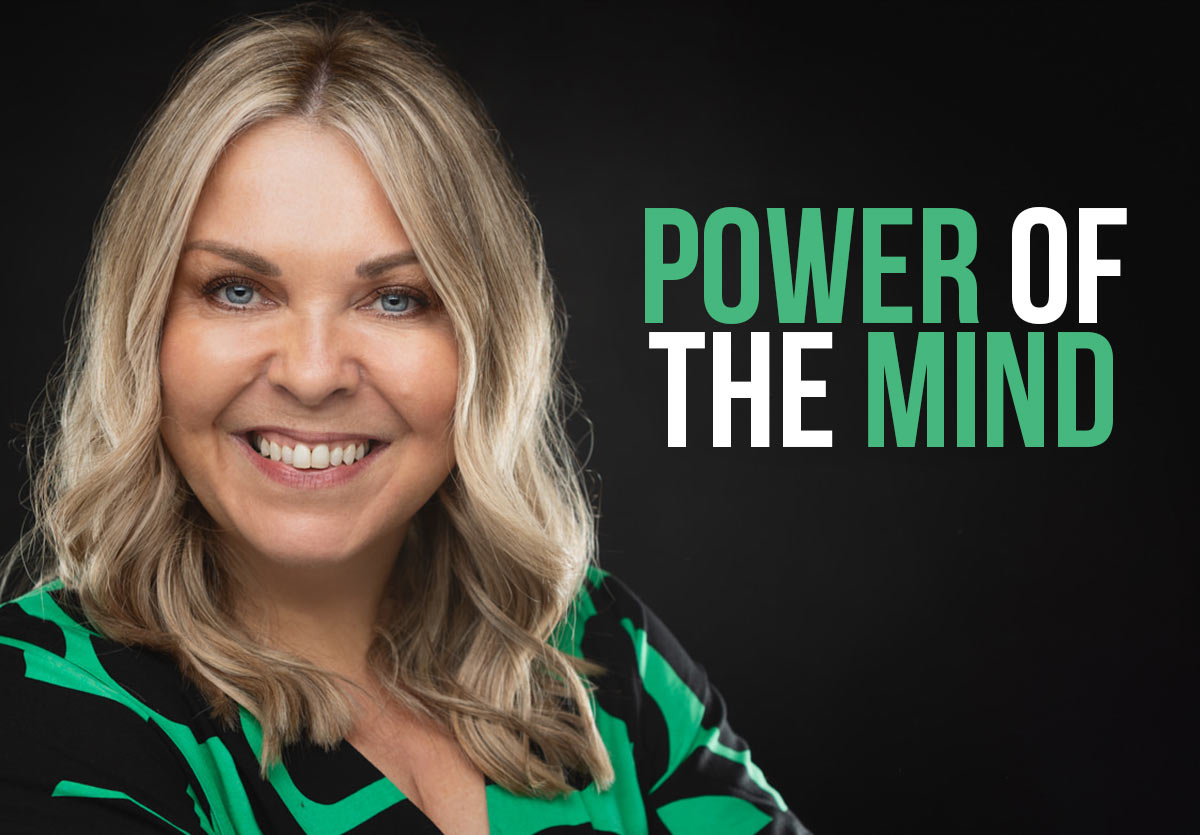Are you someone who is intrigued by the idea of becoming a coach?
I speak to want-to-be coaches every week. These are people who are considering training with Paseda360, and they are grappling with the decision because of cognitive distortion.
If you are passionate about helping others navigate through life’s challenges and achieve their goals, then a career in Coaching may well be for you. If so, it’s essential to recognise the profound influence of the mind when it comes to change. Understanding how our thoughts and perceptions can shape our actions is a fundamental aspect of coaching.
As aspiring coaches, it is crucial to develop an awareness of the distortions that can arise when individuals contemplate transformation. You have to first manage these thoughts for YOU. And then by understanding these cognitive distortions, you will be better equipped to support your clients on their transformative journeys.
The Power of the Mind: The human mind is a remarkable and complex entity. It has the power to shape our reality, influence our emotions, and drive our behaviour. When it comes to change, the mind often plays a significant role, both as a catalyst and a barrier. It’s not dissimilar to the Chuckle Brother’s ‘to me, to you’ routine.
I see people who consider making changes in their lives become more susceptible to cognitive distortions. These patterns of thinking can cloud judgment and impede progress. It’s a pain, but it can be managed with awareness.
Identifying Cognitive Distortions: As a coach, one of your primary responsibilities will be to identify cognitive distortions in your clients. These distortions can manifest in various ways and can significantly impact an individual’s ability to embrace change.
Here are a few common distortions you may encounter:
1. All-or-Nothing Thinking: This distortion involves perceiving situations in extreme terms, where everything is either black or white. Clients may struggle with change if they believe that success or failure is the only possible outcome, leaving no room for incremental progress. Perfectionists pretenders display Black or White thinking often.
2. Catastrophising: Individuals prone to catastrophising tend to magnify potential negative outcomes and anticipate the worst-case scenarios. Fear of failure can paralyse them, making change seem overwhelming and unattainable. ‘’Nobody will want coaching and I’ll end up losing my house’
3. Confirmation Bias: This distortion occurs when individuals selectively focus on information that confirms their existing beliefs or expectations. Clients who exhibit confirmation bias may resist change because it challenges their preconceived notions or requires them to question long-held beliefs.
4. Overgeneralisation: This distortion involves forming broad conclusions based on limited experiences or isolated incidents. Clients who overgeneralise may use past failures as evidence that change is futile, hindering their motivation to embark on new paths. ‘’EVERYTHING I do goes wrong.’ As a coach, your role is to help clients overcome these cognitive distortions and cultivate a growth-oriented mindset.
Here are some strategies to guide your clients toward embracing change:
1. Promote Self-Awareness: Encourage clients to develop mindfulness and introspection to identify their cognitive distortions. By recognising their thinking patterns, they can challenge and reframe their limiting beliefs.
2. Challenge Assumptions: Guide clients to question their assumptions and examine alternative perspectives. Encourage them to seek evidence that contradicts their preconceived notions, opening their minds to new possibilities.
3. Set Realistic Expectations: Help clients understand that change is rarely linear and that setbacks are a natural part of the process. By setting realistic expectations, clients can build resilience and persevere when faced with challenges.
4. Celebrate Progress: Acknowledge and celebrate every small victory along the way. Recognising progress reinforces positive thinking patterns and motivates clients to continue their journey of transformation. Embarking on a coaching career means understanding the power of the mind in the context of change.
By recognising and addressing cognitive distortions, coaches can guide their clients toward embracing transformation and achieving their goals.
Remember, as a coach, you have the opportunity to help individuals overcome their mental barriers, unlock their potential, and create lasting positive change.
Embrace this responsibility with enthusiasm, empathy, and a deep understanding of the mind’s incredible capacity for growth.
To find out more about the Paseda360 Advanced Practitioner Course, click here.


